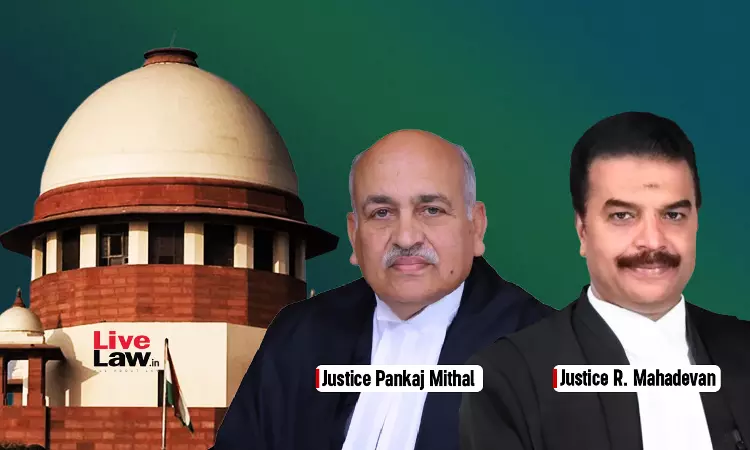The Supreme Court noted that an individual born as a Christian cannot invoke the doctrine of eclipse of caste, as the caste system is not recognized in Christianity. The bench comprising Justice Pankaj Mithal and Justice R. Mahadevan clarified that the doctrine of caste eclipse applies only when a person practising caste-based religion converts to caste-less religion. In such cases,...

